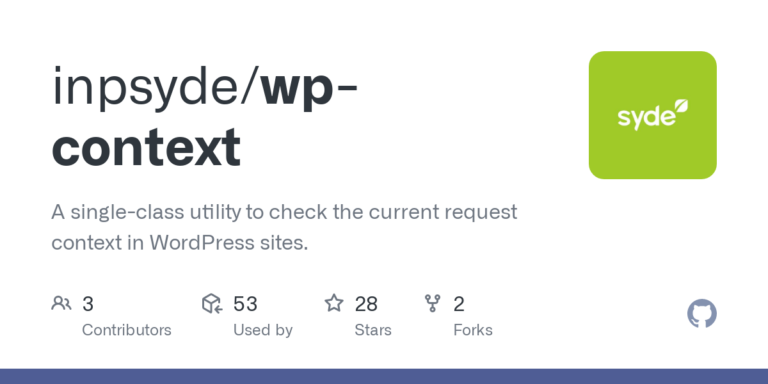
A new analysis from the American Medical Association (AMA) adds to the growing evidence detailing the lack of competition and high vertical integration in the pharmacy benefit manager market.
The paper is based on 2022 and 2023 data on prescription drug plan enrollees and comes shortly after the Federal Trade Commission and the U.S. House Committee on Oversight and Accountability released similar reports on PBMs.
The AMA found that OptumRx was the largest PBM in the U.S. in 2023 with a 22.2% share in the rebate negotiation market, followed by CVS Caremark with an 18.9% market share, Express Scripts with a 15.5% market share and Prime Therapeutics with a 10.6% market share. Together, these four PBMs had a 67% share of the national PBM market in 2023.
There was also serious vertical integration of insurers with PBMs in 2023, with 77% of commercial and Part D enrollees in a prescription drug plan where the insurer and PBM were vertically integrated, according to the AMA. When looking at just Part D prescription drug plan lives, 88% were in a plan where there was vertical integration, compared to 71% in commercial.
In addition, nine of the 10 largest PBMs share ownership with health insurers. This includes OptumRx (owned by UnitedHealth Group), CVS Caremark (owned by CVS Health) and Express Scripts (owned by Cigna).
UnitedHealth Group was the largest prescription drug plan insurer in the commercial market and the Medicare Advantage market, with a 13.2% share and 29.4% share, respectively. CVS Health, meanwhile, was the largest prescription drug plan insurer in the standalone market with a 27.2% share, according to the AMA.
“As PBMs increasingly act in their own self-interest without transparency or accountability, drug prices rise and patients face health risks from cost prohibitive drug treatments,” said AMA President Bobby Mukkamala, M.D., in a statement. “The AMA’s analysis is intended to provide insight to help policymakers understand the anticompetitive conditions in the PBM market that can result in harm to patients.”
Mukkamala added that the AMA supports initiatives aimed at increasing transparency and holding pharmacy benefit managers accountable.
At the federal level, several bipartisan bills have been introduced targeting PBMs. This includes the PBM Reform Act introduced by Rep. Earl L. “Buddy” Carter (R-Georgia) in July, which seeks to ban spread pricing in Medicaid. There is also the Patients Before Monopolies Act, introduced in December by Senators Elizabeth Warren (D-Massachusetts) and Josh Hawley (R-Missouri), which would ban PBMs from owning pharmacies.
Photo: z_wei, Getty Images






